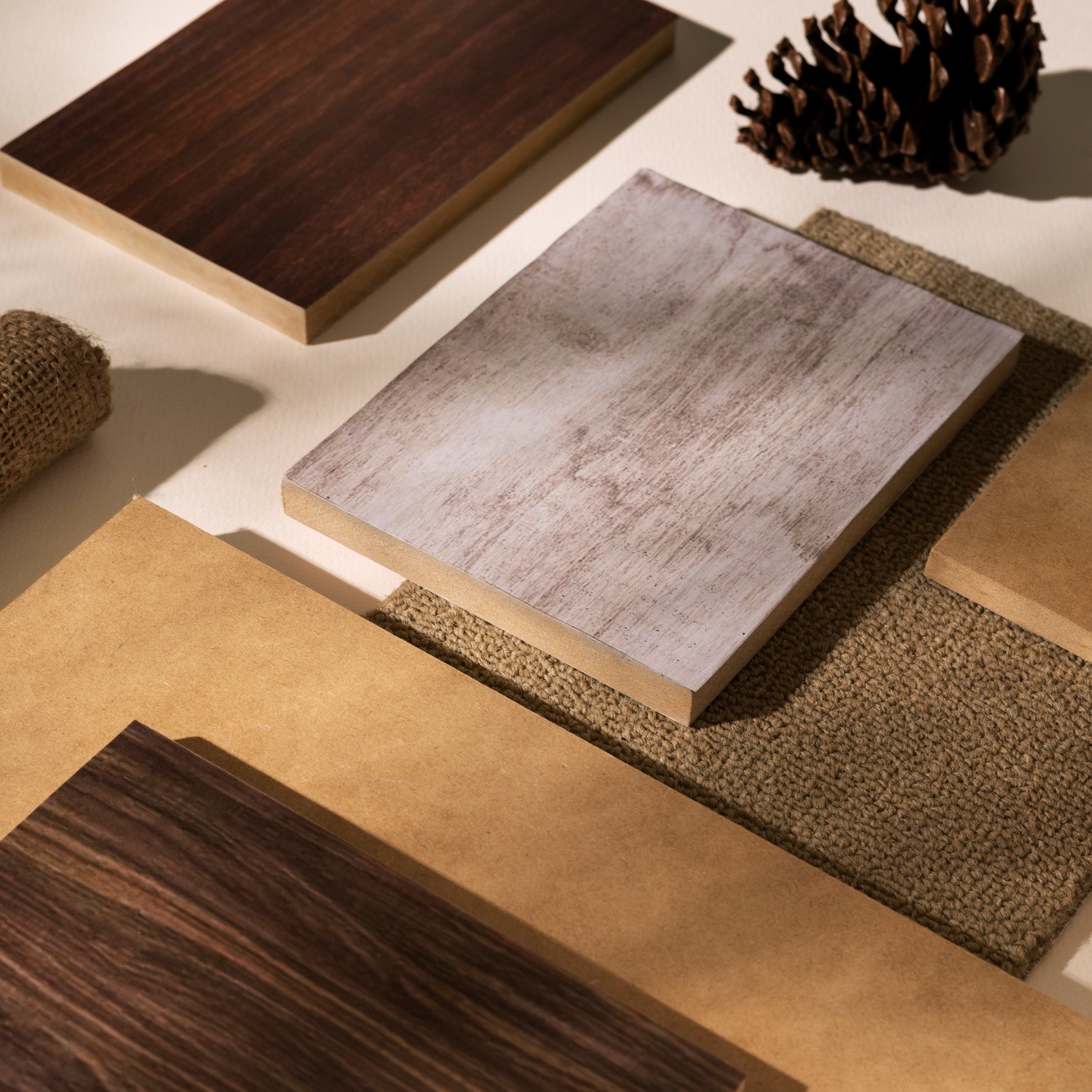Softwood forms the backbone of countless structures and products we encounter daily. This makes it a fundamental component of the lumber and woodworking industries,
Despite its ubiquity, many individuals remain unfamiliar with this essential material. In this blog, we will explore softwoods’ diverse characteristics and applications.
Examples of Softwoods
Softwood is a type of wood sourced from coniferous trees, evergreen and bears cones. Its classification of wood is not determined by its actual hardness. Instead, by the type of tree it comes from.
Common softwood species find wide-ranging applications across multiple industries. For construction, wood pine and spruce’s resilience make them popular choices. This is especially true for framing and structural components.
In furniture production, cedar is favoured for its natural insect-repellent properties. Meanwhile, fir and hemlock are sought after for their strength and aesthetic appeal. Additionally, softwood like fir and pine play a crucial role in paper production. All thanks to their abundant supply and easily pulped fibres.
Characteristics of Softwood
One prominent feature of softwood is its lightweight nature and low density. This makes it easy to transport and handle during construction and woodworking projects. Softwoods, like pine and spruce, are also easy to cut and shape due to their soft and pliable composition.
In terms of cellular structure, softwood has less dense and more elongated fibres. This cellular arrangement grants softwood its characteristic flexibility and resilience. These properties make softwood ideal for framing, panelling, and interior applications.
Softwood’s cellular structure contributes to its natural resistance against pests and decay. Substances like resin within the fibres act as a deterrent to insects and fungal growth. This makes softwood suitable for outdoor applications, such as decking wood and fencing.
Moreover, softwood’s form is marked by a light colour and straight grain patterns. These inherent qualities make softwood a versatile and favoured material in:
- construction
- furniture
- outdoor industries
Applications and Uses of Softwood
In construction, pine and spruce are used for framing, roof trusses, and plywood. Their lightweight yet robust properties allow for easy transportation and installation processes.
In woodworking, cedar, fir, and pine are favoured for:
- furniture crafting
- cabinetry
- intricate carving
Softwood’s pest and decay resilience is also ideal for decking timber and fencing. Moreover, its cost-effectiveness makes it a preferred material in manufacturing. This includes packaging, paper production, and engineered wood products like medium-density fiberboard (MDF).
Pros and Cons of Softwood
Softwood offers several compelling advantages, making it a preferred choice in various applications. First, its cost-effectiveness makes it an economical option for:
- construction
- furniture
- manufacturing industries
Softwood is also abundantly available, thanks to sustainable forestry practices. Additionally, softwood’s renewable nature aligns with eco-friendly initiatives, reducing environmental impact.
However, softwood does come with a few downsides. It is susceptible to dents and scratches due to its relatively soft composition. Plus, it generally exhibits lower durability compared to hardwood. This can lead to wear and tear over time, especially when exposed to the elements.
To mitigate these drawbacks, proper maintenance is essential. Applying protective finishes can enhance the wood’s resistance to damage and decay. Regular cleaning and polishing help maintain the wood’s appearance and integrity.
Additionally, using softwood in appropriate indoor applications can prolong its lifespan. Overall, the key points here are 1.) careful maintenance and 2.) thoughtful usage – so softwood can continue to offer its benefits for an extended period.
Round-up
Softwood proves to be a fundamental and valuable resource in timber and woodworking. Its lightweight nature, ease of cutting, and unique cellular structure make it versatile. With its natural resistance to pests and decay, it excels in outdoor applications. While it may be susceptible to dents and scratches, proper maintenance works wonders.
TimberX offers a variety of softwood grades, including wood pine, and sizes. Get a quote and find the right dimensions and grades to meet your specific needs.
